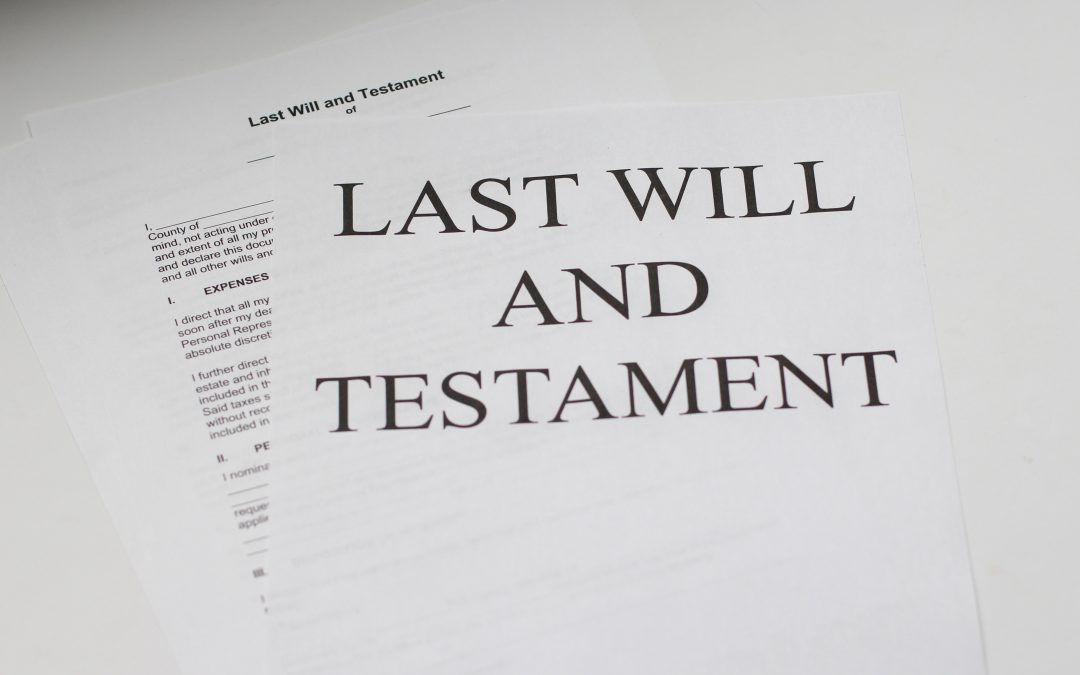
Nine Things You Need to Know When You Get an Inheritance
If you’re closely related to someone who has recently passed away, it’s likely that you’ll be in line to inherit at least a part of their estate. It can be a complicated process, depending on the circumstances. To make this process easier for you, we’ve outlined some things you need to know as a potential inheritor of a Tennessee estate.
1. Take the time to grieve
If you’ve just lost a loved one, the first thing you need to do is take the time to grieve. This could be overwhelming, especially if you were close to the person who has passed away. You may not even know how to react if you’ve been left a large inheritance. Taking the time to grieve the death of a loved one is important, and you should not be pressured into making decisions. Also, don’t rush through any of the legal processes outlined in this article. There’s no need to hurry to open an estate, and you should make sure that you’re given enough time to make well-thought-out decisions and take care of things properly. All of the necessary information will be available to you once you are ready.
2. Take the time to understand the terms of the will
Another important thing to do is take the time to understand the terms of the will. If there was a will, then you’ll need to know who was named as the executor (aka personal representative) of the estate. You’ll also need to know whether there are any special provisions in the will, like leaving a specific piece of property to a specific person. You’ll want to know where the original will is being kept, as well as the executor’s contact information so you can stay informed about the progress of the estate.
Once the will is probated, there will be a record of it that you can access at any time. You’ll be able to see the contents of the will, as well as the names of everyone who was named as a beneficiary. This is something that you’ll need to keep in mind when communicating with the people who were named in the will.
3. Find out if there is any debt included with your share of the inheritance
Debt follows the person who incurred it, so a person’s debt usually belongs to their estate- not those inheriting from them. However, if your loved one left you anything with a debt tied to it, you may have to figure out how to resolve the debt before accepting the inheritance.
This includes things like car loans, mortgages, or other debts that your loved one may have had when they passed away. Even if you inherit something with debt tied to it, you do not have to inherit debt. You can choose not to accept the item or to sell it and take whatever it is worth after the debt is paid.
It’s important that you know if there is any debt included with your inheritance so that you can plan accordingly. It’s possible that you could get a loan to cover the cost of the debt and then pay it off gradually over time.
In my personal and professional opinion, it usually makes sense to take over a loan on something that will appreciate, such as real estate, but not on any depreciating assets like a vehicle. However, this is something that will have to be decided in consideration of your personal situation.
4. Find out what happens during the probate process
The probate process is the process of opening a probate estate, gathering all assets owned, and distributing the assets from the estate. During the probate process, the executor of the estate will file the will and any other documents that might be necessary with the court and has the responsibility of distributing the assets according to the terms of the will. These documents will become part of the public record. The executor of the estate will open an estate account with the court, and you can check in on it and see what progress is being made as the assets are distributed.
5. Check for Inherited IRA Rules and Taxes
If you inherit retirement accounts from a loved one, you will need to make a decision about how and when to cash out the account.
While spouses can easily “roll” retirement accounts to the surviving spouse, this is not an option for anyone else. As the non-spouse beneficiary of a retirement account, you have two options: (1) take all money out immediately or (2) you can “stretch” the distributions up to ten years.
Because most retirement accounts are “tax deferred” accounts, you will want to explore the tax consequences of any retirement investment accounts that you inherit. If your family member invested into a 401k, IRA, or similar type of account, they did not pay taxes when contributing to their retirement. That means that taxes must be paid when the money is taken out.
The financial institution will usually help you by holding an estimated tax payment but you will still want to make sure you are aware of what you will need to pay at tax time to account for those inheritances, no matter how you took the distribution.
6. Allow time for the Executor to carry out their duties
As soon as you’re named as a beneficiary to a will and the estate has been opened through probate, you can expect that the Executor will begin to take care of things, such as contacting creditors and making arrangements for the sale of any real estate. It’s important that you give them some time to do what they need to do. Expect that it will take about a year for the entire process to run its course. This is a rough estimate and will vary depending on how complicated the estate is, how many assets there are, if any estate tax is due, and whether there are any potential disputes. The Executor will keep you updated on progress and let you know when you can expect to receive the inheritance.
7. Communicate with the Executor
Keep in regular communication with the Executor of the estate. Ask if there is anything you need to do or can do to help. If you have questions, make sure that you ask the Executor and get the answers that you need to the point you understand. You can also ask to speak with the attorney for the estate. If you are having issues with the Executor getting back to you, or you suspect there are difficulties, it may be worth consulting a lawyer on your own.
8. Decide how you want to handle your share
Before you get a check, decide how you want to spend any money that you receive. Maybe you and your deceased loved one had already talked through what they hoped would happen with any funds they left you. Many people have a financial goal that their inheritance will help them reach, such as buying a house or investing in their own retirement. Some families use the money to take a trip together and make memories. Having a plan is the best way to make sure that your loved one’s legacy is honored.
9. Update your Plan
One of the most important things to consider is that receiving an inheritance could cause your own estate planning to need to be updated or revised. If you are currently the beneficiary of a trust or other estate planning document, you should contact your estate planning attorney to determine whether or not you need to make any updates.
If you are looking for a Middle Tennessee probate attorney or to create a Tennessee will, click here to schedule an initial call with us.




